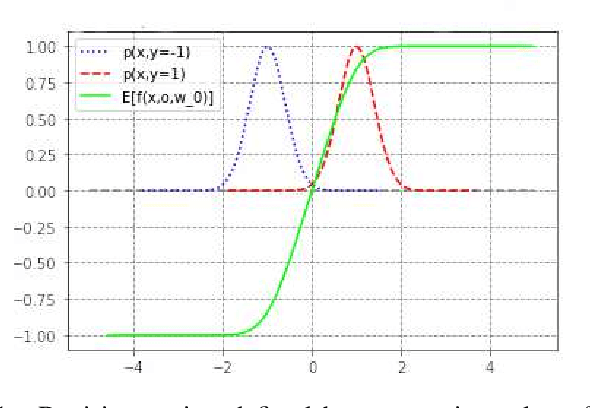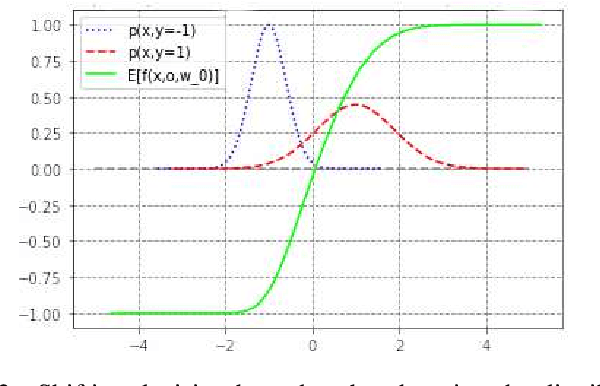Quantum ensemble of trained classifiers
Paper and Code
Jul 18, 2020



Through superposition, a quantum computer is capable of representing an exponentially large set of states, according to the number of qubits available. Quantum machine learning is a subfield of quantum computing that explores the potential of quantum computing to enhance machine learning algorithms. An approach of quantum machine learning named quantum ensembles of quantum classifiers consists of using superposition to build an exponentially large ensemble of classifiers to be trained with an optimization-free learning algorithm. In this work, we investigate how the quantum ensemble works with the addition of an optimization method. Experiments using benchmark datasets show the improvements obtained with the addition of the optimization step.
 Add to Chrome
Add to Chrome Add to Firefox
Add to Firefox Add to Edge
Add to Edge